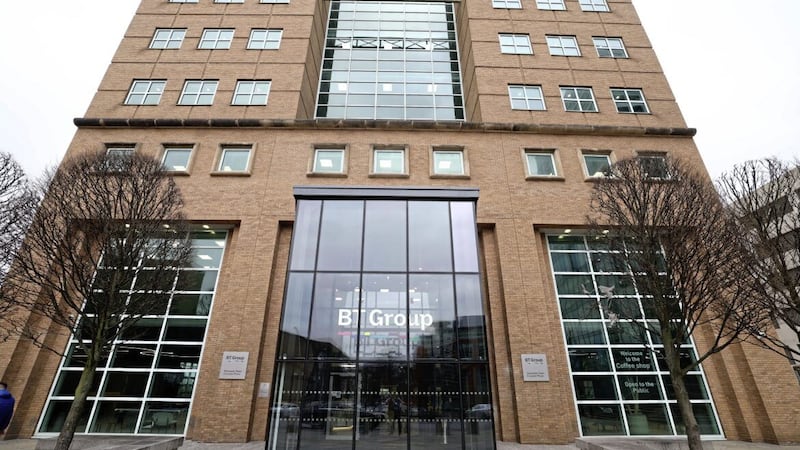THE recent opening of a consultation into Northern Ireland’s carbon emissions has once again thrust efforts for the region to reach net zero back into the spotlight – if they had ever really gone away.
As part of those efforts, the consultation by Department of Agriculture, Environment and Rural Affairs (DAERA), which follows the passing of the Climate Change Act last year, seeks view on plans to keep the current emissions reduction target of 48 per cent by 2030; set an emissions reduction target of 77 per cent by 2040; and introduce a phased system of ‘carbon budgets’ with limits to the amount of greenhouse gases that may be emitted being gradually reduced over the next 15 years.
In launching the proposals, DAERA Permanent Secretary Katrina Godfrey described the challenge ahead as “significant” and she’s not wrong.
And it seems especially so when considered alongside another key government target aimed at taking the region towards net zero, which states that, by 2030, 80 per cent of all energy consumed should have been generated from renewable sources.
The planning system has a critical role to play in achieving this 80 per cent target. However, in response to another consultation, this time from the Department for Infrastructure on a new planning policy for renewable and low carbon energy, representative body Renewable NI said the proposals would “effectively kill off” any prospect of meeting that requirement.
The most recent official data showed that 48.5 per cent of electricity consumed in Northern Ireland in the year to March 2023 had been generated from renewables, which illustrates the significant amount of additional renewable electricity generation required.
However, with challenges there are always opportunities.
There are many positive signs in the marketplace and we remain incredibly busy as investors and developers seek to capitalise on the prospect of driving forward Northern Ireland’s net zero agenda.
Among recent transactions was clean energy producer ERG SpA’s acquisition of Corlacky Energy which plans a to construct a windfarm in Co Derry consisting of 11 turbines to produce 47 MW of electricity – enough to meet the needs of around 42,000 homes.
And while onshore wind remains the most common renewable source in Northern Ireland, the types of energy technologies investors are seeking to support is becoming increasingly diverse.
As such, we’re advising on projects concerning new solar installations, battery storage and biomass generators.
Add that to a commitment to achieve 1GW of energy from offshore sources by 2030 (again, a proposal not without significant challenges), there is a clear willingness to create the conditions for a cleaner greener future.
That will require the private sector, investors, policy makers and regulators all pulling in the same direction so that the path to net zero navigates through the challenges to the incredible opportunities ahead.
:: David White is partner, corporate and commercial at Arthur Cox









